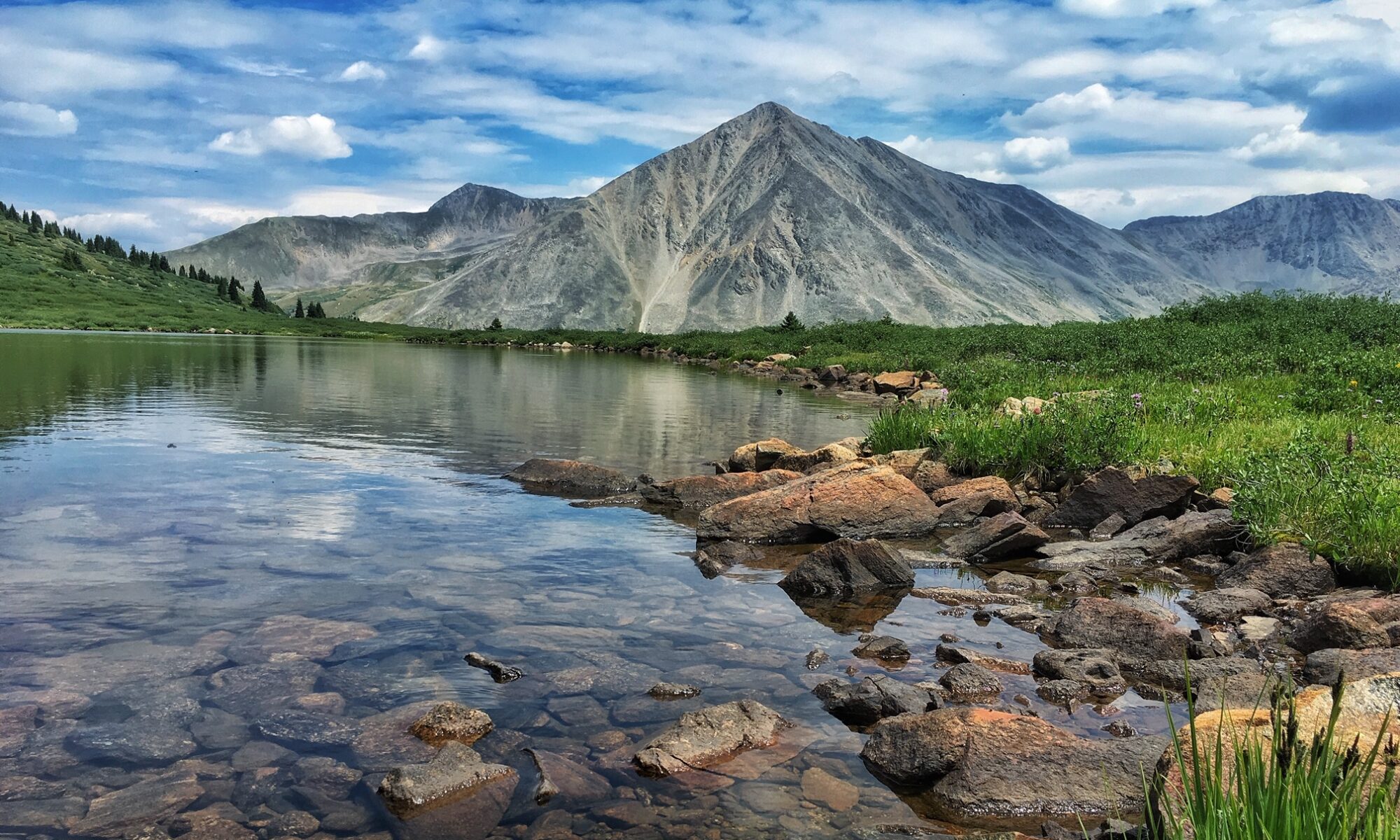My nephew texted me a few days ago to ask me about winter fly fishing. He said, “I’m not sure I want to wait until spring to fish!” The same day, I saw on Facebook that a guide-friend from New York state thanked his clients and fellow fishing guides for a spectacular season.
It reminded me that the fly fishing off-season is here — or almost here. I consider the off-season November through February. If you’re a fly fisher, what can you do to survive it?
1. Go fishing
Personally, I’m not a big fan of winter fly fishing.
One year when I lived in Montana, I caught trout on a fly rod every month. But after doing it to say that I did it, I rarely made it to the river in December and January.
Other than Midges, the hatches are minimal. Plus the temperatures are frigid most days.
Still, if you’re patient and content to catch fewer fish, you can do well in the winter on nymphs and even on the surface with Midge patterns (yes, a size #20 Parachute Adams will work). My podcast partner, Dave, and I had a fantastic February day last year on the Blue River (really, a small creek) in Wisconsin. The temperatures were in the high 50s, and the browns were hitting our nymphs.
If you live near brown trout fisheries, play close attention to when these waters close for the year.
For example, the fishing season in Yellowstone National Park runs through the first Sunday in November. If I still lived in Montana, I’d take a break from elk and deer hunting to make one last trip to fish the Gardner River for the “runners” that are heading to their spawning beds.
2. Reflect a bit
I’m convinced we (fly fishers) need to get better at this. We need to savor the moments we’ve had over our past year of fly fishing.
So go back through your photos to re-live your best fly fishing memories. Review your journal if you keep one. If you don’t keep a journal, grab a sheet of paper (or open a file on your word processor) and write down your top ten favorite memories from the past season.
The tendency to rush from one run on the river to the next one can carry over into rushing from one season to another.
Stopping to reflect a bit on the past year of fly fishing can provide a lot of satisfaction. It will also create anticipation for next season.
3. Get ready
Use the time from November through February to do what you can never find time to do during the prime months of fly fishing (March through October).
Tie some flies. Watch some You Tube videos on fly casting. Read The Fly Fisher’s Book of Lists (couldn’t resist). Go through your gear and take inventory. Re-organize your fly box. If you’re planning on purchasing a new rod or waders or whatever, the off season is a time to do some research—whether online or in your local fly shop.
It’s almost November, but March is coming! We will all survive the off-season (I think).
Photo credit: Jim Keena


